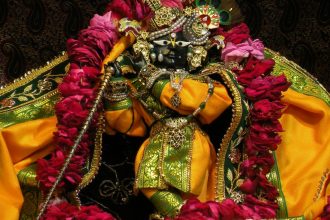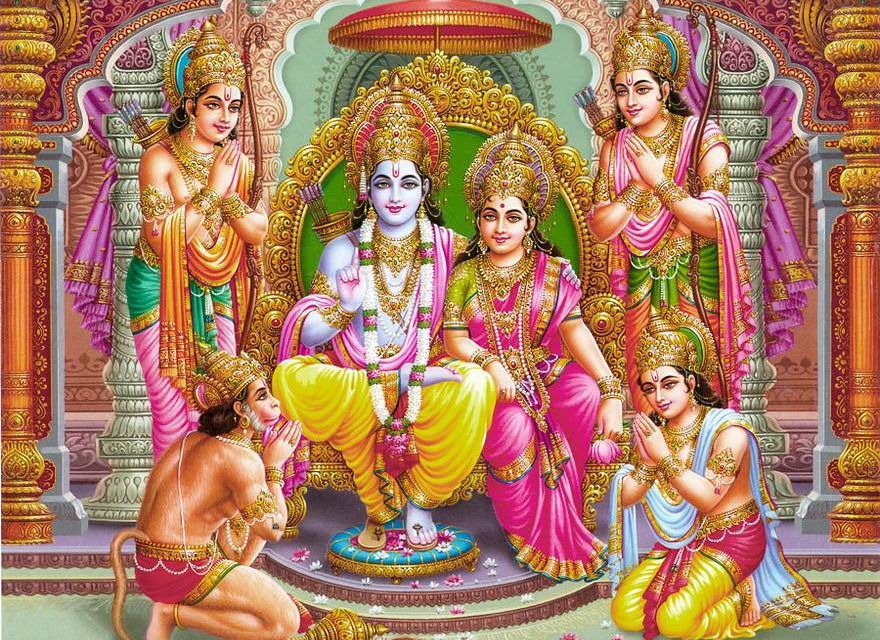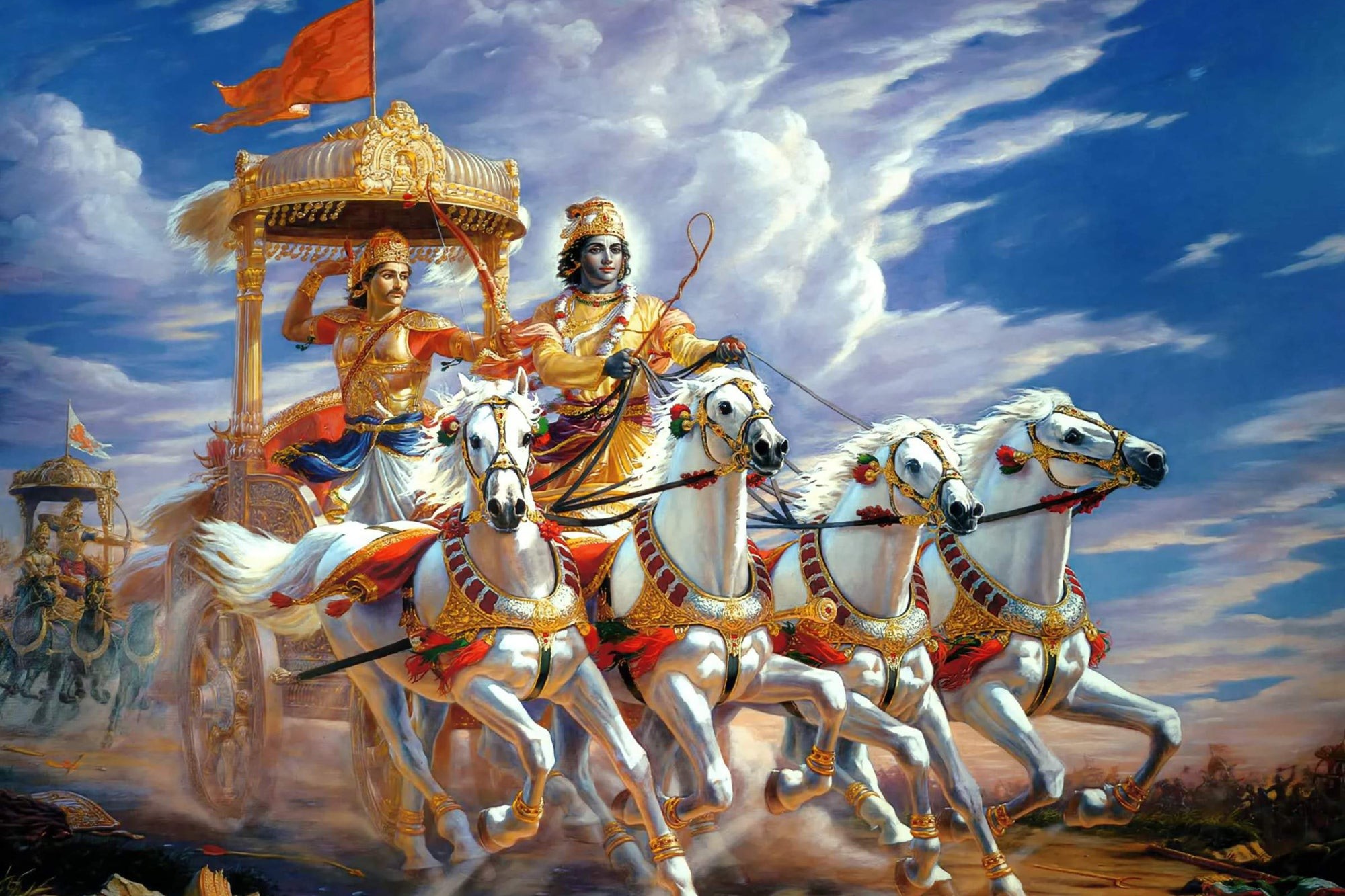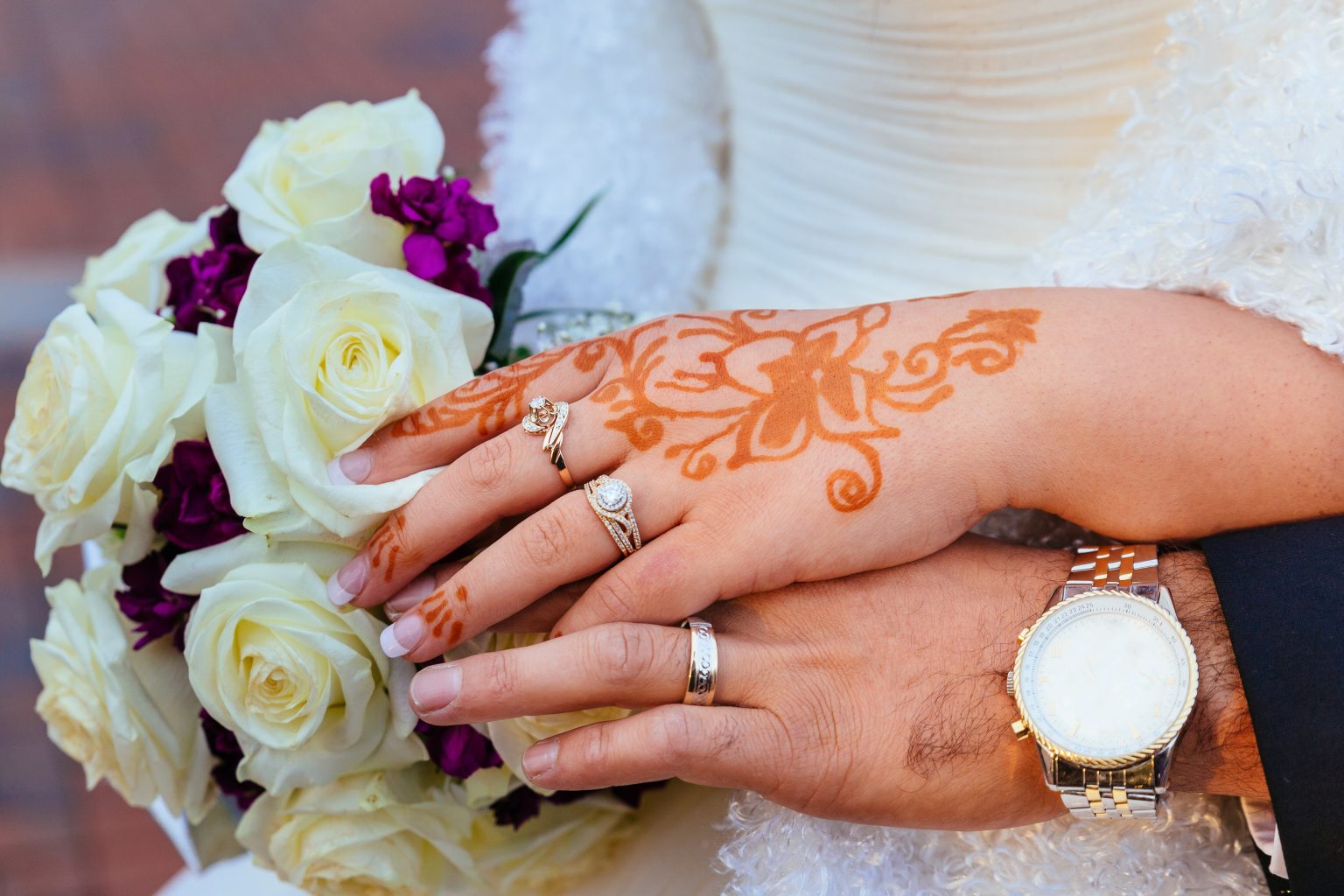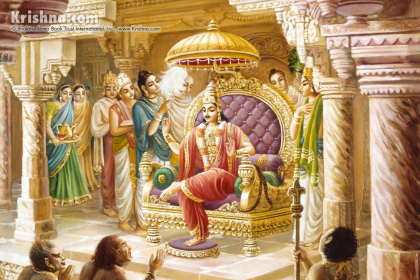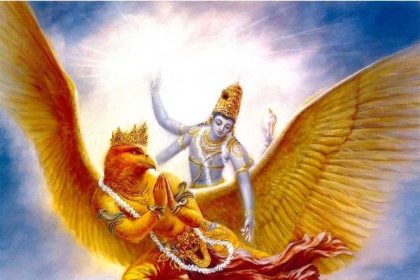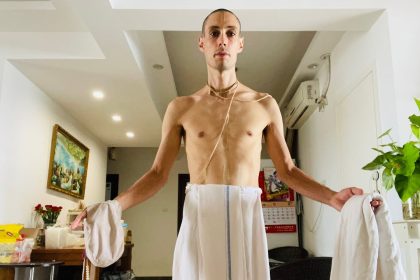Once, Yajnavalkya was addressing an assembly of sages and in the course of his narrations, he discussed household life at great length.
There are seven kinds of marriage. A brahma marriage is one where the bridegroom is invited, and the girl is decorated according to the family’s capacity and then given in marriage. A daiva marriage is one where a ritvik priest of a sacrifice is chosen as the bridegroom. When two cows are given along with the girl at the time of marriage—it is known as arsha. A marriage where the advice is given, “both of you carry on with your sacred duties,” is a sakama marriage. An asura marriage is one where money is given . A Gandharva marriage is performed simply by mutual consent and love. A Rakshasha marriage is one where the bride is forcibly taken after a fight, and a paishacha marriage is one where the girl is duped and married.
The first four types of marriage are recommended for brahmanas. The Gandharava and Rakshasha marriages are for kings. The asura type of marriage is for vaishyas, and the despicable last type is for shudras.
The father, grandfather, brother, kinsman, or mother can give a girl in marriage—the latter when the former is not available. If a father does not give his daughter in marriage, he incurs the sin of killing a foetus with every menstrual period the girl has. If no one gives a girl in marriage, she is free to accept her own choice of husband or lover.
A wife found guilty of adultery should be made to wear dirty clothes, she should be given just a little food once a day, she should be rebuked, and she should be forced to sleep on the bare ground.
The moon-god has blessed women as a class with purity. The Gandharvas have blessed them with sweet speech. Fire and women are always pure.
A wife addicted to wine, a wife with an incurable disease, and a wife who behaves inimically can be forsaken.
A wife of sweet speech should always be maintained. When there is no discord or dispute between husband and wife—virtue, love and wealth flourish. If a woman remains alive after the death of her husband and doesn’t remarry—she receives praise in this world and after death, she attains an exalted destination.
The highest duty for a woman is to carry out the behests of her husband. Any night when a woman is eager for sexual intercourse, her husband should receive her, knowing well how lust in women is very strong.
A good wife should be skilled in the maintenance of her household, she should be satisfied even with a minimum of possessions, and she should be reluctant to spend lavishly. She should offer respect to her mother-in-law and father-in-law by touching their feet.
A woman whose husband is away from home should abstain from sports, decorating her body, attending festivals, boisterous laughter, and visits to others’ houses. Whether in the day or at night, a woman should not be seen outside her house without her husband. Only a senior wife can take part in religious performances—not a junior one.
A householder should preferably wear white clothes. Hair, moustache, and nails should always be kept clean. He should never speak unpleasant words. He should always wear his sacred thread and cultivate humility.
He should never pass urine in a riverbed, a shady grove, on ashes, in a cowshed, in running water, or while facing a fire, the sun, moon, cows, water, women, or brahmanas.
He should not drink water with cupped hands. He should never gaze at fire, the sun, a nude woman, a woman engaged in sexual intercourse, wine, or stool. He should never sleep with his head facing west. He should never spit into water. Feet should not be shown to fire for warming, nor should one jump over fire.
One should not wake up a sleeping person. One should never pull a calf away from its mother while it is drinking milk.


